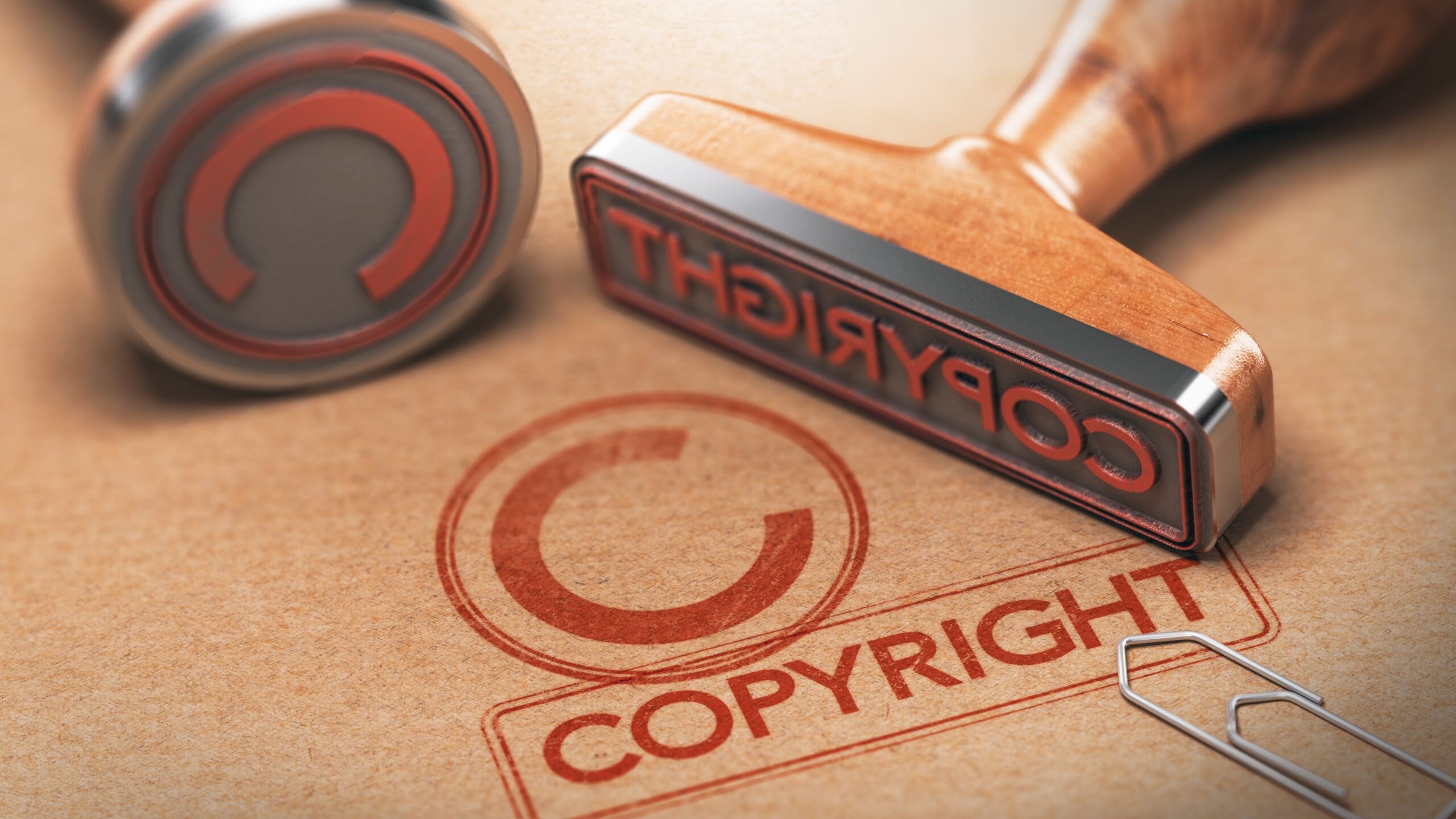Copyright Protection – Why Should You Register Your Copyrights?

Copyright protection gives creators (whether individuals or companies) the ability to stop others from (among other things) reproducing the creator’s content without permission. In a digital world where anything can be reproduced, stolen, and sold with only a few clicks, it is essential that creators protect their copyrights.
We will go into more detail below, but to start, here are a few tips:
- You don’t need to register a copyright to own a copyright – but you should.
- If you file an application to register a copyright before any infringement takes place, you, as the copyright owner, would be entitled to statutory damages, attorney’s fees, costs, and other remedies against an infringer.
- If you file an application to register a copyright after infringement takes place, you are not entitled to statutory damages.
- The only exception – there is a three-month grace period after the copyrighted work is published to apply for copyright registration and still be eligible to recover statutory damages for infringement that occurred within the grace period
- Litigants must register their copyrights before filing a copyright lawsuit in federal court.
- The good news? Registration can be expedited with the U.S. Copyright Office to obtain a registration in as little as a few days.
- Best practice is to review your (or your company’s) new creations every quarter to ensure you are protecting any high-value creations, such as new course materials, art, or photographs that might be more attractive to infringers.
A copyright is a bundle of rights that the creator gets in their original creations – books, websites, pictures, photos, and copyrightable code. If the creation (we’ll call it the “copyrighted work”) meets a low bar of creativity then, most of the time, it is protectable under copyright law.
Content Creators Don’t Need to Register Their Copyrights – But They Should
Copyrights are created the moment the work is created. If you draw an original picture, the minute the picture is complete, you own copyright protection in that picture. Congratulations! Then why would a creator then register their creation for a formal copyright registration with the U.S. Copyright Office?
The U.S Copyright Office maintains the registrar of copyrighted works within the Library of Congress. Users can search for the names and authors of copyrighted works registered with the U.S. Copyright Office to see what has or has not been registered. Even though copyrights are instantly created, there are many benefits to formal registration before infringement occurs.
What are the benefits of copyright protection?
First, copyright registrations are another asset you can claim for your company – you’ll get a certificate and registration number that can be verified by investors, potential buyers, or even as collateral for loans.
Second, if someone infringes on the copyrighted work, registered copyright owners have a much more complete arsenal at their disposal. Copyrighted works that were copyrighted before an infringement takes place are entitled to statutory damages, attorneys fees, costs, and other remedies. Statutory damages can vary between $750 – $20,000 per infringement (at a judge’s discretion). More importantly, registered copyright owners may be able to claim for attorney’s fees and costs that are generally unavailable to those who don’t register their copyrights in time.
Without formal registration, a copyright owner’s only remedy would be actual damages they can prove occurred and a court order to stop ongoing infringement. Actual damages are extremely hard to prove and most of the time, they are often extremely low monetary amounts.
There is an exception- there is a three-month grace period after the copyrighted work is published to apply for copyright registration and still be eligible to seek statutory damages for infringement that occurred within that grace period.
One common misconception is that while copyrights need not be registered to own a copyright, if you want to file a lawsuit, you must obtain a formal registration with the US Copyright Office to file a lawsuit in federal court. The good news? The registration process can be expedited with the U.S. Copyright Office to obtain a registration in as little as a few days.
Strategies for Copyright Protection
From a legal perspective, protecting all your content and assets – your website, blogs, advertising materials, photos, drawing, everything – is a good idea. From a business perspective, extensive protections may not be cost effective, so it’s important to identify the types of copyrighted material that is more likely to be infringed. This varies wildly from industry to industry, and it is best to consult an attorney to discuss individual needs.
One recommendation is to review your (or your company’s) new creations every quarter to ensure you are protecting any high-value creations, such as new course materials, art, or photographs that are more likely to be reproduced by infringers. This way, you are always within that three month grace period and you would be in a position to enforce your rights to the fullest extent.
Do you need assistance with a trademark matter?
Contact an Attorney Today